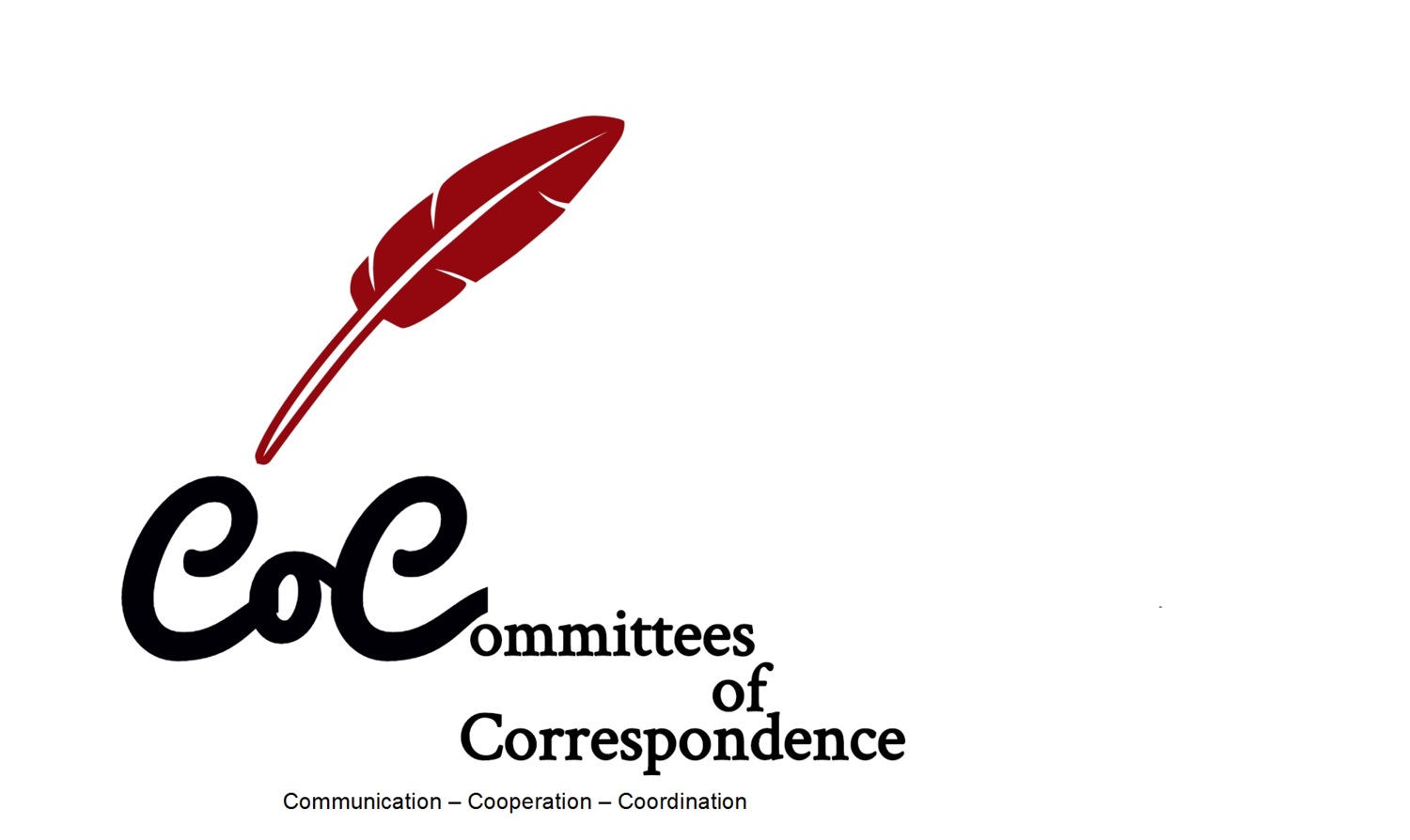Our Constitution Must Protect a Free Internet
We depend upon a free Internet to ensure an open society, to allow small businesses to compete, and to maintain the connections that sustain our lives. Unfortunately, a free Internet has come under repeated attack, most recently by President Donald Trump, who has promised to “shut down” parts of the Internet and to block Net Neutrality.
It’s time to protect a free Internet for all coming generations. The American people shouldn’t worry that their ability to communicate and conduct business online will be interrupted by the whims of each new Congress or Administration. We must demand that the incoming Congress pass and that our state legislatures ratify a Constitutional Amendment this year to make sure we maintain a free Internet.
WHY DO WE NEED AN INTERNET FREEDOM AMENDMENT?
We all love the Internet as it is now – access to any website displaying legal content that you like, the ability to easily start a small web-based business, and the ability to communicate with friends, family, and strangers in any legal way we desire. All of that is in jeopardy. Donald Trump does not support Net Neutrality – the concept that an Internet service provider should not be allowed by law to charge consumers more to access certain websites. Trump has also threatened to “shut down” parts of the Internet in the fight against terrorism.
It is time to protect the free and open Internet we have come to know through an amendment to our Constitution. We also need to make it explicit in the Constitution that individual's have a right to privacy and control over their personal domain. We have decided that some things are so important that they must be removed from the whims of each passing Congress and Presidency – the right to vote, the prohibition on racial discrimination, the right to due process and free speech. It is clear by now that the ability to communicate and conduct business unimpeded on the Internet is a right that must be protected for all future generations.
Principles of an internet freedom amendment
There are 5 principles that an Internet Freedom Amendment must embody:
1. The free expression of ideas and information on the Internet shall not be hindered by the federal or state governments, or by any provider of Internet services.
2. It shall be unlawful for any provider of Internet service to block access to legal content, applications, services, or non-harmful devices; to impair or degrade lawful Internet traffic on the basis of content, applications, services, or non-harmful devices; or to favor some lawful Internet traffic over other lawful traffic in exchange for consideration of any kind.
3. No information gathered by any government official may be utilized against any person under the jurisdiction of the United States unless gained through a properly obtained warrant, in order to protect the people's right to privacy.
4. Each individual has a right to privacy that includes the right to control one's personal information and one's personal domain. Further, the right to access the Internet shall not be contingent upon an individual agreeing to the disclosure of their personal information, with this provision applying to all public and private entities.
5. Nothing in the Internet Freedom Amendment is to be construed as limiting Congress’s ability to prohibit the dissemination or facilitation of unlawful activities.
Do your part to protect a free internet
Nothing will happen without your help. Here are links to petitions calling for an Internet Freedom Amendment. If we get enough signatures, we can force our national and state leaders to address this important issue.
You can also find links to the direct contact information for your local Representative, Senators and state legislators. Send them emails and call their offices until they promise you as their constituents that they will make it a priority to propose an Internet Freedom Amendment this legislative session. Remember to start with your Representative and Senators, and once the Internet Freedom Amendment has been passed in Congress, it’s time to schedule meetings with your local state legislators.
Only you can prevent the free Internet from being a thing of the past!




